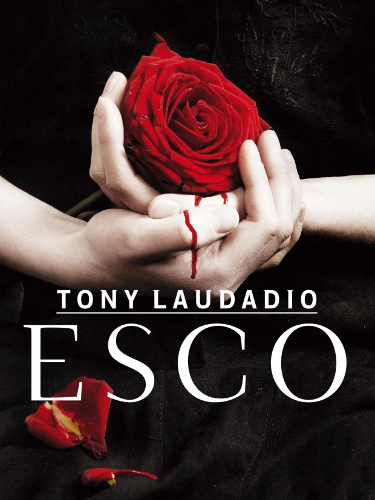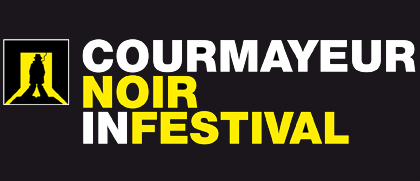EDITORIALS
NEWS
PROGRAM
FILMS
WRITERS
Scerbanenco
Conversations
Chandler Award
EVENTS
HONORARY AWARDS
GALLERY
NEWS
PROGRAM
FILMS
WRITERS
Scerbanenco
Conversations
Chandler Award
EVENTS
HONORARY AWARDS
GALLERY
Esco [Bompiani]
A recently married man is killed by a hit-and-run driver in Campania, leaving behind his widow, Carla, whose life isn’t changed drastically by the loss. A year later, she has three lovers: an overly timid psychoanalyst, an overly conceited 50-year-old accountant, and his handsome 17-year-old son with whom she’s having a secret affair. When the latter dies as well, stabbed to death after being robbed one night, Carla is certain there’s a connection between the two tragedies. In fact, there’s a fourth lover, whom no one had considered. The book was "conceived as a collection of monologues," says Laudadio, "many confessions that make up a puzzle, a mosaic of interwoven stories, that branch out into a wider story filled with surprises and plot twists. An old passion of mine is getting into people’s heads, to find out what they’re thinking. Being a writer allows you to direct their thoughts and desires. It’s a divine experience."
Tony Laudadio (La Spezia, 1970) has always lived in Caserta. He studied at Vittorio Gassman’s Bottega theatre school and went on to work in the theatre with Federico Tiezzi, Arnoldo Foà and Leo De Berardinis. From 1993 to 2003 he appeared in all the plays that Toni Servillo directed, including Zingari, Il misantropo, Tartufo, Sabato Domenica e Lunedì and False Confidenze. During that time, he and Enrico Ianniello co-founded the Onorevole Teatro Casertano theatre company, and in 1997 he began what to become an important collaboration with Andrea Renzi. He performed in Cronache da un tempo isterico, written and directed by Armando Pirozzi, with Giovanna Giuliani, and has worked often with Spanish director Pau Mirò. He has appeared in films by Marco Risi, Paolo Sorrentino and Nanni Moretti, among others. Several of his plays are include in the volume Teatro Fuorilegge. He has recorded two albums with the group Calebasse, for whom he sings and has written songs. Esco marks his literary debut.
Teatro Fuorilegge, Spartaco, Caserta, 2010
Esco, Bompiani, Milano, 2013
 |
|
|
PROGRAM
12/12/2013 h 11:00: Jardin de l'Ange Presented by Roberto Cotroneo
|

